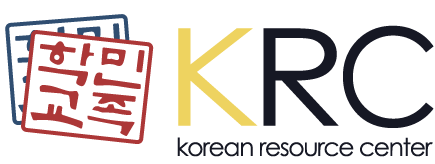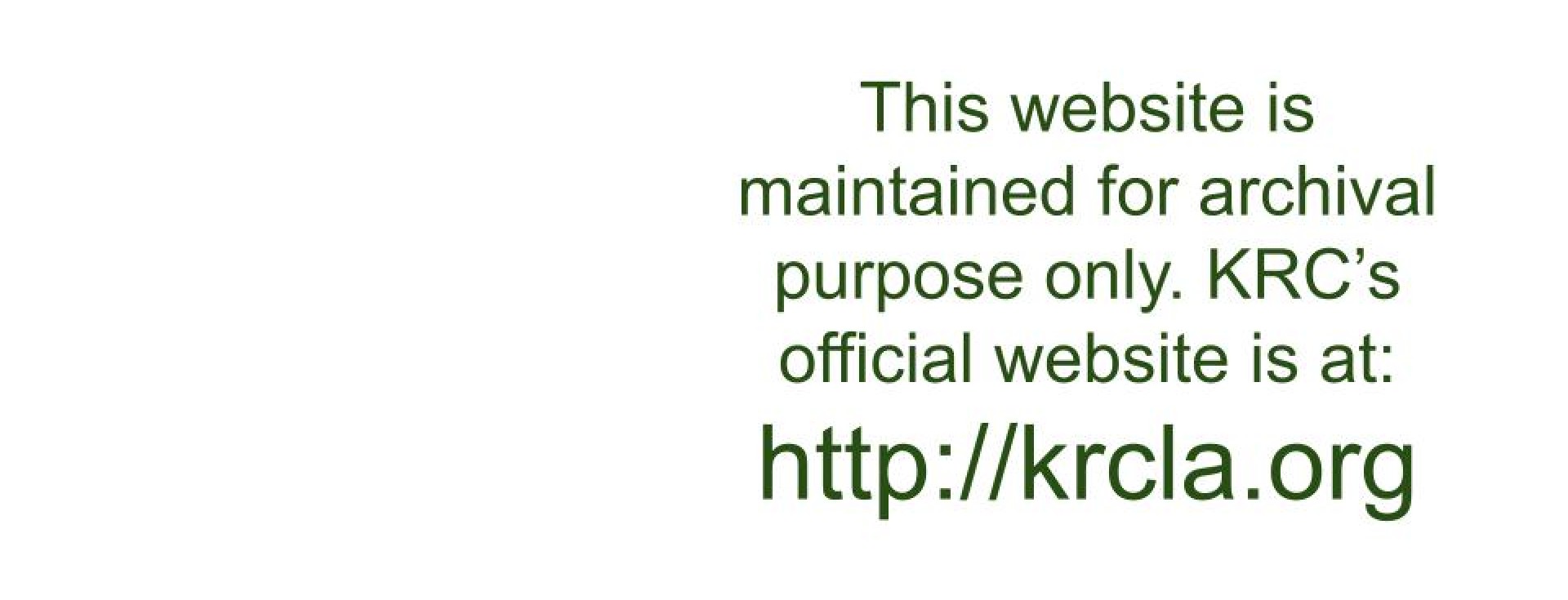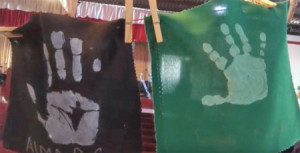The Korean Resource Center is a non-profit community organization empowering low-income, immigrants, Asian American and Pacific Islander, and people of color communities in Southern California. Using a holistic approach, we integrate services, education, culture, organizing, and coalition building.
Apply today to 2020 KRC Scholarship Awards for Asian American and Pacific Islander (AAPI) students! KRC will offer four scholarship awards of $1500 each and it is open to all students regardless of status.
We started at 7:00 a.m., the drive to Tijuana’s sanctuary for refugees living at the southern border. The trips are the same in many ways and so different each time.
Dear Supporters of KRC,
In the last few months, allegations and attacks against the Korean Resource Center, Dae Joong Yoon, and other members of the board, staff, and supporters have been made in social media and other public venues.
After investigations that included review of documents and email exchanges and interviews with interested parties with direct knowledge of events, the KRC board has determined that false and misleading information has been put forth and we refute the allegations.
NAKASEC is becoming an increasingly influential player in national immigrant justice worlds. This article traces NAKASEC’s evolving critique of legal recognition as the primary goal of immigrant justice work. Following organizers though a 22-day vigil at the White House, a 1700-mile bike tour, and the creation of a housing collective exclusively for illegalized people, I argue that NAKASEC’s call to “re-define what we mean by winning” speaks to an emergent conceptualization of citizenship outside state inclusion. What does immigrant justice work look like when legalization is not its central goal?
Californians will be able to register to vote on election day at local polling places and voting centers under legislation signed by Gov. Gavin Newsom on Tuesday, a potentially significant step toward boosting turnout in key contests next year. The new law provides for a significant expansion of so-called conditional voter registration, which allows a new voter to cast a ballot that is counted after eligibility is determined during the 30-day vote-counting period after an election. That process began in last year’s statewide election, but registration was available only in county elections offices. Starting next year, voters can register on election day anywhere ballots are cast.
An Oakland federal courtroom on Wednesday will be the scene of the latest confrontation between the Trump Administration and its opponents. U.S. District Court Judge Phyllis Hamilton is scheduled to hear arguments for and against blocking the so-called public charge rule, which was officially released two months ago.
"Just the other day, one of our residents here, in our affordable senior housing, she came down and told me that she had disenrolled from Medi-Cal because she is sponsoring her son [for a green card]," said Jenny Seon, the immigrant rights project director at the Korean Resource Center in Los Angeles. "She's actually a U.S. citizen. I helped her re-enroll because I explained to her that it doesn't apply to her. And she was very convinced that it would affect her son's application."








